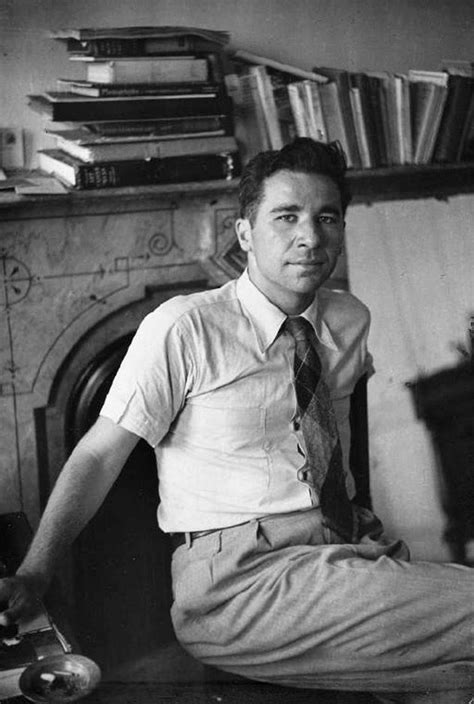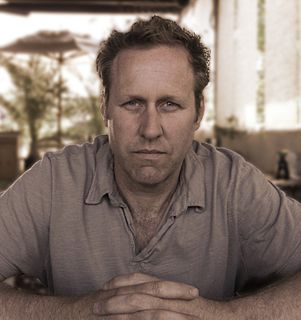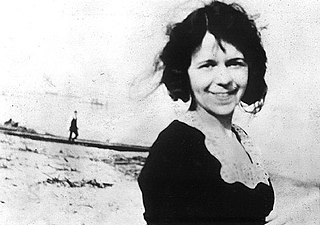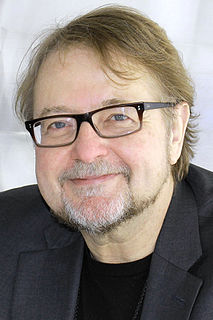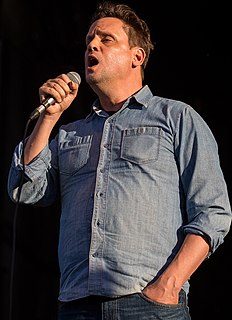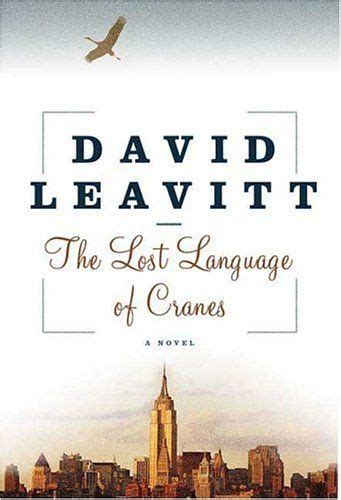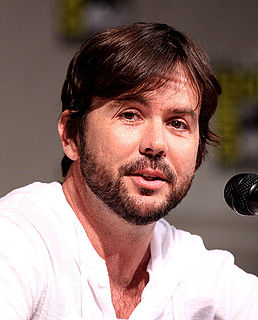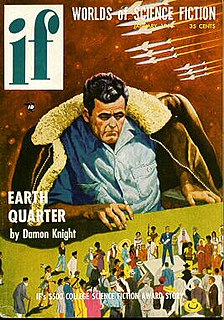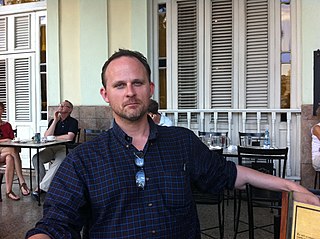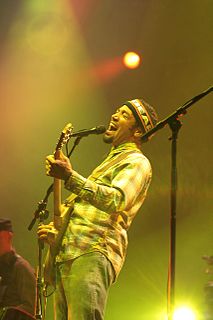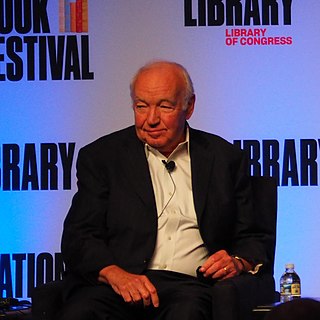Top 1200 Fiction Writer Quotes & Sayings - Page 20
Explore popular Fiction Writer quotes.
Last updated on April 17, 2025.
When I was thinking about these women characters, no matter how bad a person I am - a bad writer, my limitations, my sexism, you know - the thought was, it would be useful as a writer to try to create a template for all the male writers, especially Dominican male writers, especially males of color, of how a writer can use seeing to create more nuanced representations of women.
I guess it was easier for me to find my voice in poetry than it was in fiction. I'm working on fiction again, and I find it a lot more difficult. It's a struggle. At a certain point, you have your voice and you go to it every time, so it's not like reinventing the wheel. That's the way I see it at least.
Once rehearsals are done the writer really doesn't have a function on the set. If the script is stabilized, then the writer becomes a celebrity tourist visiting the set, trying not to get in the way. It's very good for the ego, to go visit a film set if you are the writer, because they give you a special chair, and tell you where you can sit to watch the monitor. They make you feel special, but at the same time, they make it perfectly plain that you are irrelevant!
One of the dangers of science fiction, particularly bad science fiction, is that you have these scenes where the characters turn to a blackboard and start explaining how this faster-than-light drive works, or something like that. We never really have those conversations in real life. That's not part of the way we interact as human beings.
It's not possible to advise a young writer because every young writer is so different. You might say, "Read," but a writer can read too much and be paralyzed. Or, "Don't read, don't think, just write," and the result could be a mountain of drivel. If you're going to be a writer you'll probably take a lot of wrong turns and then one day just end up writing something you have to write, then getting it better and better just because you want it to be better, and even when you get old and think, "There must be something else people do," you won't be able to quit.
When I read the script [of Good Kill], it read like a science fiction film. And Andrew [writer/director Andrew Niccol] is known for sci-fi. But when I spoke to him, he said this picture was 100% factual, which blew my mind. I realized then how little I knew about the drone program. And I felt that, if I knew so little about it, there must be others who should be educated about what's going on.
At some point along the way, I stopped being a writer, and I became a black writer. I never used to be a black writer. I used to write 'Spider-Man,' 'Green Lantern,' whatever was lying around. 'Thor,' 'Hulk,' whatever. Now, if the phone rings or when the phone rings, it's almost exclusively some project that has something to do with my ethnicity.
